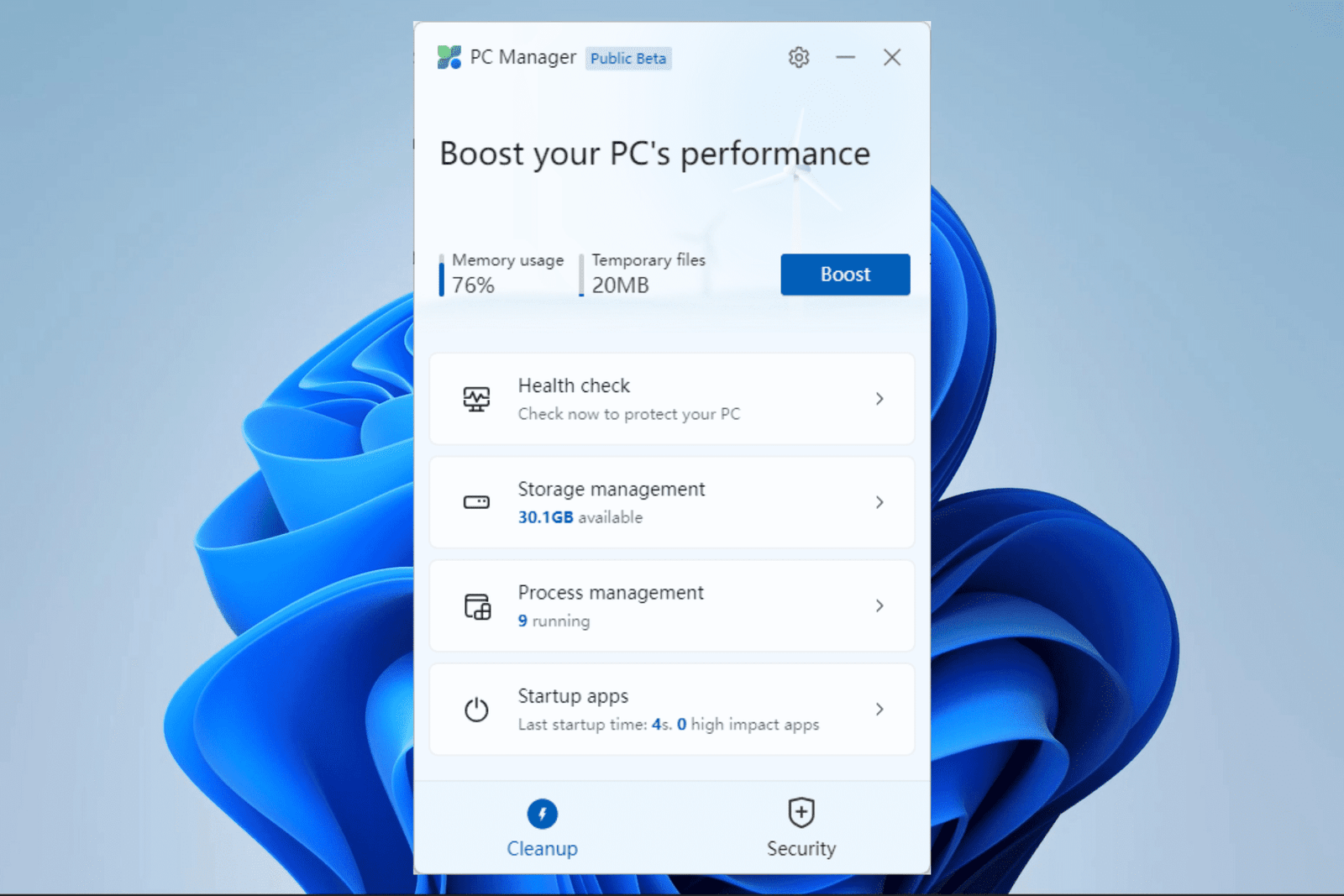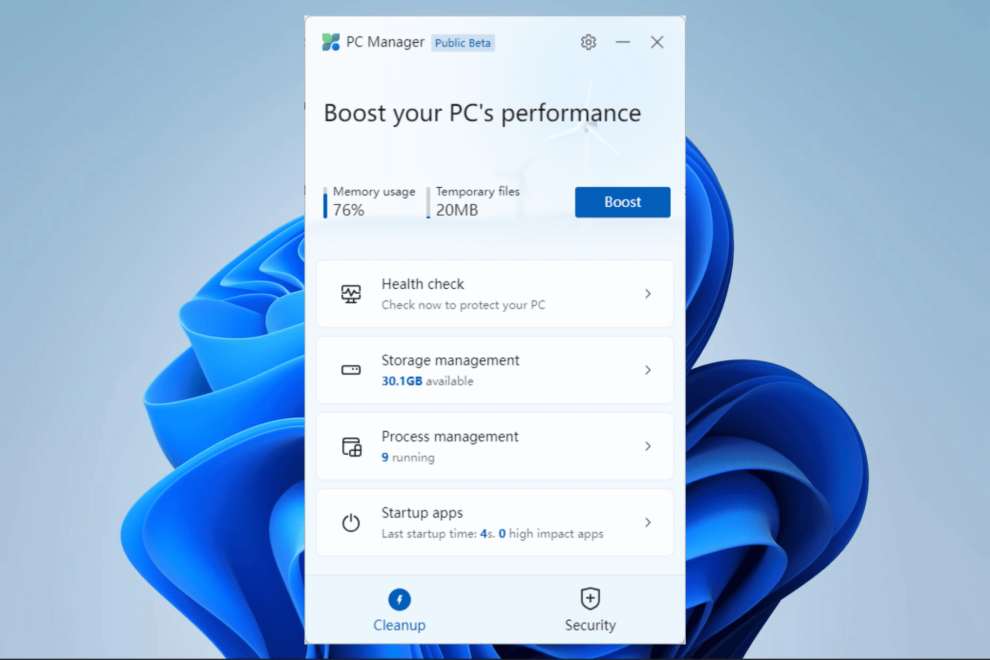Microsoft’s latest venture into optimizing Windows operating systems, the PC Manager, promises to enhance user experience by decluttering and boosting system performance. However, emerging reports suggest that the software, designed to safeguard and accelerate PCs, might paradoxically slow down some computers.
Key Highlights:
- The PC Manager’s “deep clean” feature might impede system performance by deleting essential prefetch files.
- Aimed at Windows 10 (1809 and above) and Windows 11, it offers a suite of tools for system cleanup, storage management, and anti-virus protection.
- Despite its benefits, user experiences indicate potential drawbacks in speed optimization.

The PC Manager positions itself as a comprehensive tool for Windows users, offering features from system cleanup to professional antivirus protection. Its capabilities span managing storage, reducing ad and app pop-up interruptions, and conducting health checkups to identify and rectify issues swiftly.
Yet, the efficiency of these features is under scrutiny. A particular point of contention is the software’s “deep clean” option, which might slow down PCs by removing files from the Prefetch folder—files that are crucial for fast application startup. This has raised concerns about the balance between maintaining system cleanliness and ensuring optimal performance.
Comprehensive Features with Potential Caveats
System Cleanup and Antivirus Protection: Microsoft PC Manager integrates with Windows Security to offer antivirus protection, aiming to safeguard PCs against threats. It also promises to clean up systems and free up space, potentially boosting performance.
Storage and Pop-up Management: The tool provides options for managing storage more efficiently and minimizing interruptions from ads and app pop-ups, enhancing the user experience.
However, the impact of its cleaning features on system speed, especially the deletion of prefetch files, raises questions about its overall benefit to PC performance.
A Closer Look at User Experience
Users have reported mixed outcomes with the PC Manager. While many appreciate the cleaner interface and reduced interruptions, some note a discernible slowdown in application launch times. This dichotomy highlights the importance of user discretion when utilizing the “deep clean” function and underscores the need for Microsoft to address these concerns in future updates.
Conclusion
Microsoft’s PC Manager embodies the tech giant’s commitment to improving the Windows experience through innovation. However, the software’s current iteration suggests a delicate balance between enhancing system efficiency and inadvertently affecting performance. As Microsoft works to refine this tool, users are encouraged to weigh its benefits against their specific needs and system configurations.


















